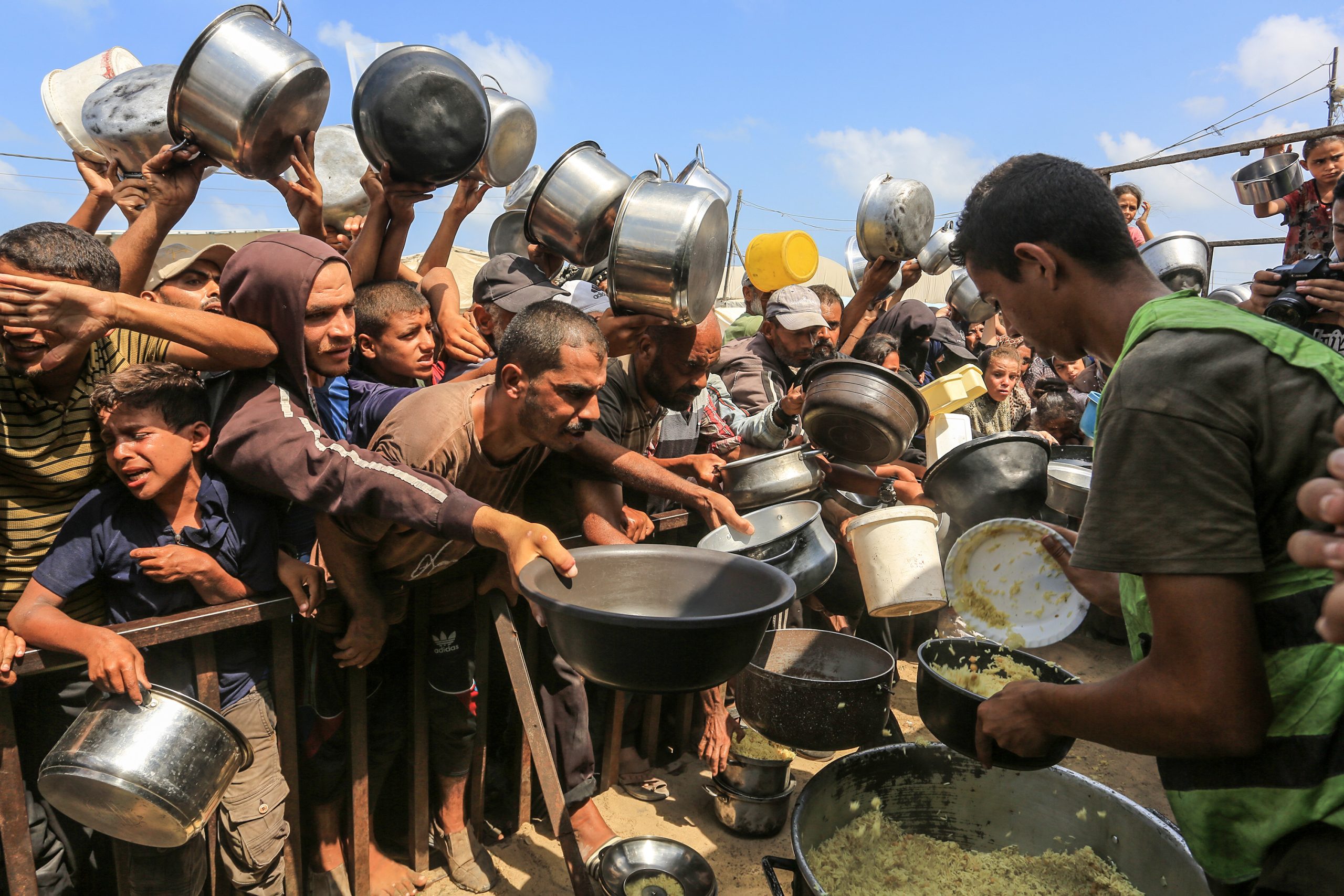**Gaza Declared in Famine: A Humanitarian Catastrophe Unfolds**
The humanitarian crisis in Gaza has reached a catastrophic new level. On Friday, the Integrated Food Security Phase Classification (IPC), the leading global authority on hunger, officially declared a famine within the besieged enclave. This grim milestone, confirmed after rigorous assessment by a consortium of UN agencies and humanitarian organizations, underscores the devastating consequences of the ongoing Israeli blockade and recent military conflict. The declaration signals a profound failure of the international community to prevent widespread starvation in a densely populated area.
**The IPC’s Dire Findings and Their Implications**
The IPC uses a five-phase classification system to categorize food insecurity. A famine, the most severe level, is defined by several harrowing indicators: at least 20 percent of households facing extreme food shortages, acute malnutrition affecting at least 30 percent of children under five, and a mortality rate exceeding two deaths per 10,000 people daily due to malnutrition. The IPC’s recent assessment revealed that these devastating thresholds have been met in parts of Gaza, with the expectation that the affected areas will expand. This declaration isn’t simply a statistical designation; it represents a stark reality of widespread suffering and imminent death. The figures paint a picture of a population teetering on the brink, with children bearing the brunt of this man-made disaster.
**The Complex Web of Causes: Blockade, Conflict, and Systemic Issues**
The famine in Gaza is not a singular event but the culmination of prolonged conflict, a crippling Israeli blockade, and underlying systemic issues within the region. The blockade, imposed for over a decade, severely restricts the flow of essential goods, including food, medicine, and building materials, into the territory. This economic strangulation has crippled Gaza’s already fragile infrastructure and severely limited the ability of its residents to provide for themselves. The recent military conflict further exacerbated the situation, causing widespread destruction of infrastructure, displacement of populations, and disruption of essential services. These factors, combined with pre-existing vulnerabilities such as poverty and limited access to healthcare, have created a perfect storm leading to widespread starvation. The international community’s failure to adequately address these interconnected issues has allowed the situation to deteriorate to this catastrophic point.
**The Urgent Need for International Action and Accountability**
The declaration of famine in Gaza demands an immediate and robust international response. The international community has a moral obligation to prevent further suffering and loss of life. This necessitates not only the immediate provision of humanitarian aid, including food, water, and medical supplies, but also a fundamental reassessment of the long-term strategies for addressing the underlying causes of the crisis. This includes pressing for an end to the blockade, promoting sustainable economic development in Gaza, and holding all parties accountable for their role in creating and perpetuating this humanitarian catastrophe. The failure to act decisively will have lasting consequences, not just for the people of Gaza, but for the international community’s credibility and commitment to human rights. The ongoing crisis highlights the urgent need for a concerted, comprehensive, and sustained international effort to address the complex web of factors contributing to the famine and prevent further suffering. The time for decisive action is now.
Based on materials: Vox





